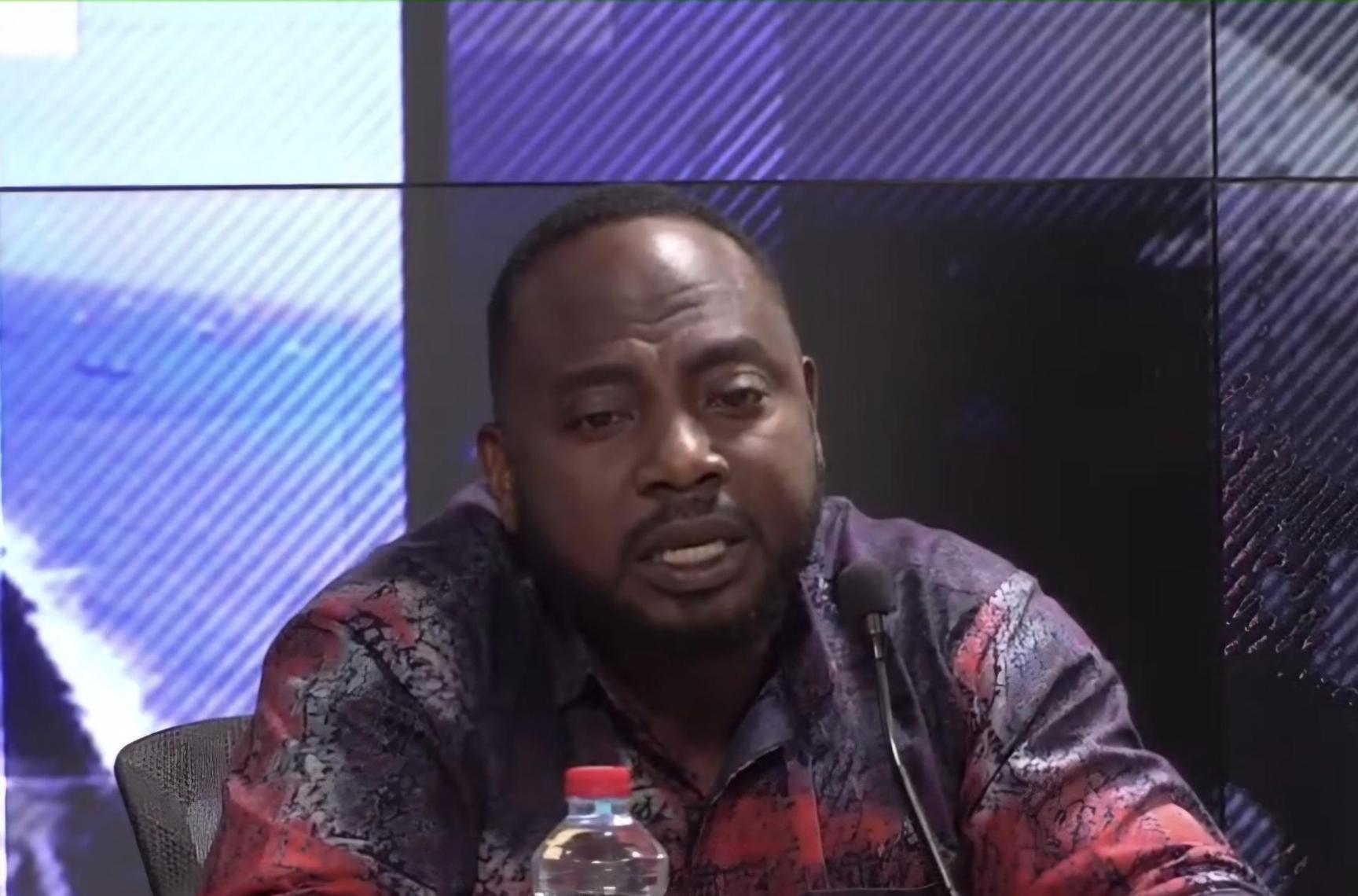Africa-Press – Ghana. Mr Albert Derrick Fiatui, the Executive Director of the Center for International Maritime Affairs Ghana (CIMAG), has urged the government to take the fight against plastic pollution seriously by implementing the various laws on the issue.
Mr Fiatui, speaking at a media forum powered by the Ghana Ports and Harbours Authority (GPHA) on plastic pollution in the ocean, stated that implementing the laws on plastic pollution would help save the oceans and humans.
He noted that, “We have very fantastic policies in place; the challenge is the implementation,” adding that, about three years ago, the UN Ocean Panel came out with a plan for all nations to come up with their sustainable management plan, which is supposed to take care of challenges such as plastic pollution.”
He explained that Ghana was one of the few countries that have done it, stating, however, that the industry was not seeing its implementation, stressing that, “the solution now goes beyond policies; if we do not enforce such policies, nothing will change.”
Mr Fiatui said it was about time sensitisation of the public on the issue was taken seriously, especially with school children, to know the importance of keeping the oceans free from plastic pollution.
He said humans depended on ocean resources and were affected by such plastic pollution, adding that when marine mammals ingest the plastics, humans eat these fishes thereby eating the plastics.
“By now, we should all be conscious that this is a danger to our health. Even little kids in schools should begin to learn about the oceans and as we keep saying, there is the need for ocean literacy. The ocean is not a dumping ground, where you think that anything you do not need must be dumped there,” he said.
The CIMAG Executive Director reiterated that humans were in danger, as the ocean was currently filled with about 250 million tonnes of plastics, and about eight million tonnes going in annually, an indication that if nothing is done concretely, plastics will overtake fishes in the ocean earlier than the projected 2050.
“The ocean is the biggest carbon sink. Where we are now, climate change is destroying everything, and the ocean is the only thing holding us up; if we are not able to take care of it, it means that life on earth will go away,” he emphasised.
Mr Kweku Amponsah Boahene, Board Member of Plastic Punch and a panelist on the programme, noted that Ghana had a national policy on plastic management which had all the needed information; however, implementation was a big challenge.
He advised that the plastic pollution fight and its effect on the ocean must be looked from the perspective of individuals, manufacturers, and the government, stressing that individually, people should desist from the use of single-use plastics and should segregate their waste to enable the plastics to be recycled.
He added that the government should give policy direction and its implementation, suggesting that such implementation should go down to the metropolitan, municipal and district assemblies (MMDAs) to get to the people in the communities instead of it being done at the national level.
For More News And Analysis About Ghana Follow Africa-Press







